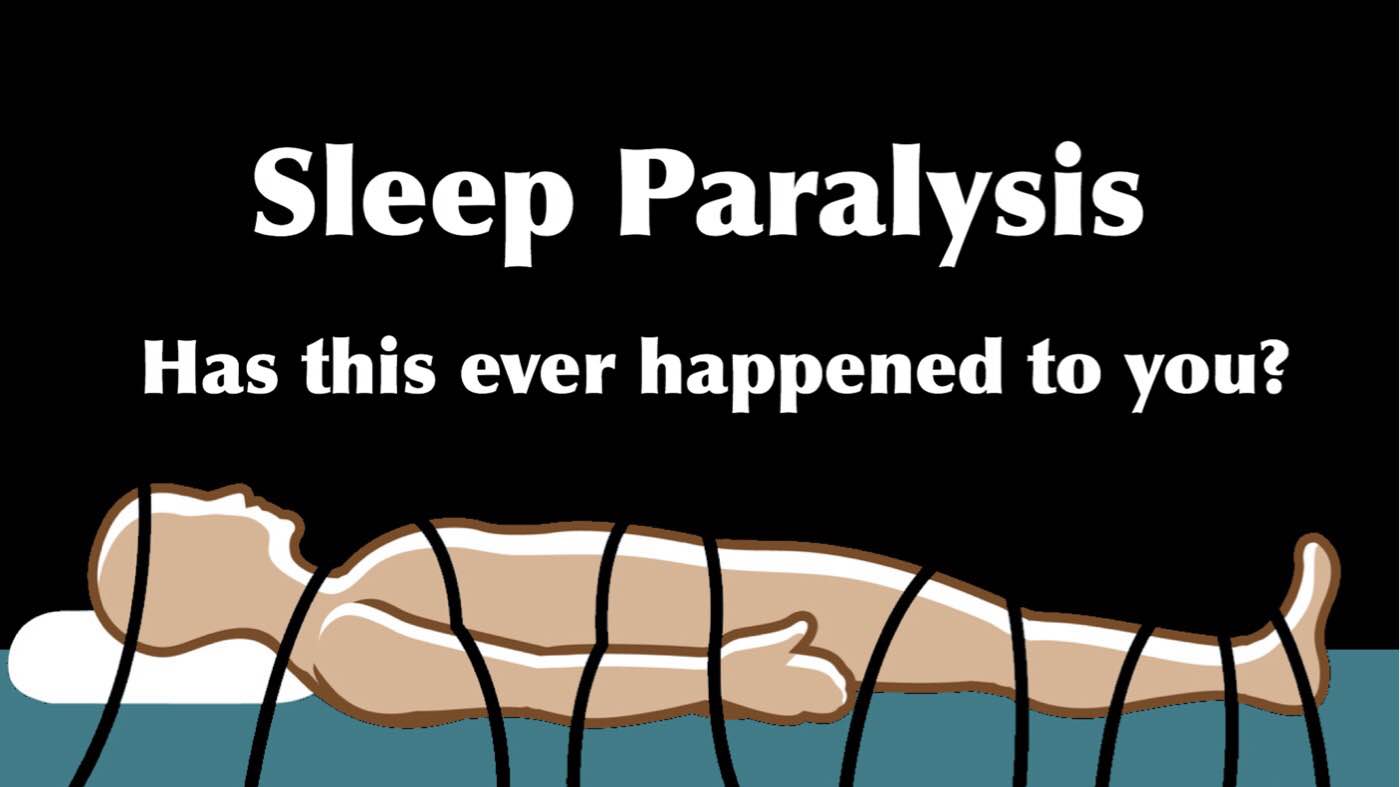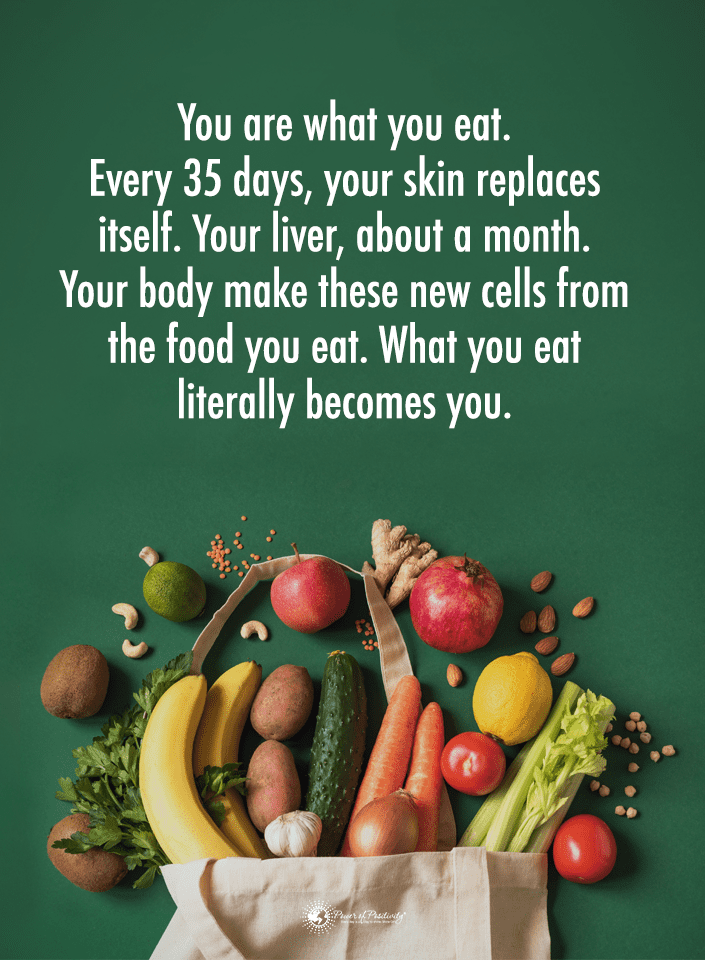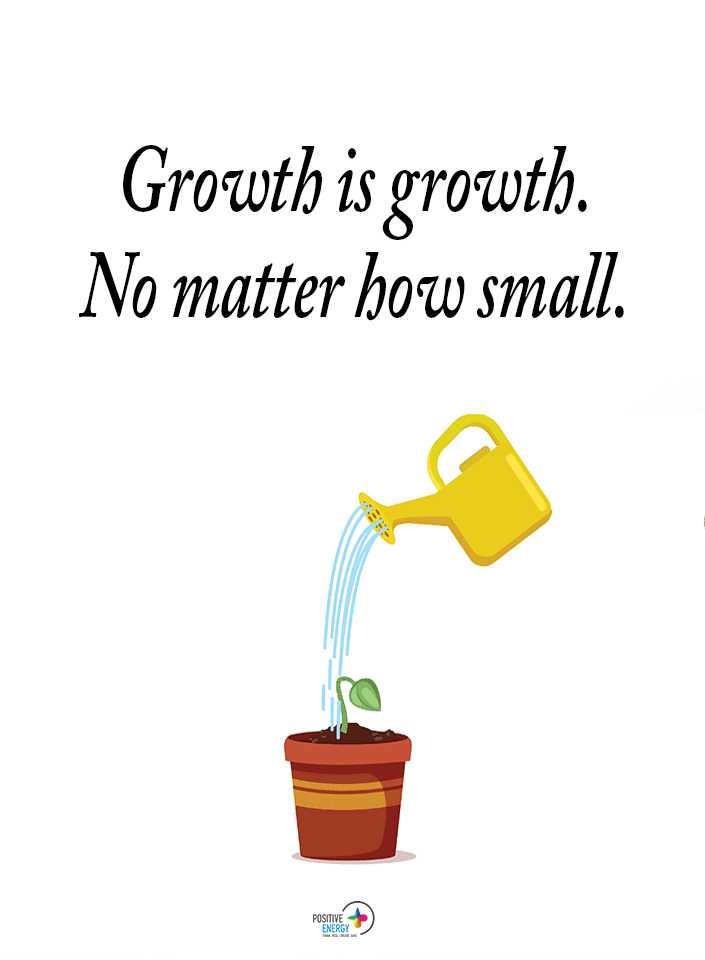Can you tell when someone is falling in love with you? Many people think they can, but the signs aren’t always as straightforward as people like to believe. While many people assume that the obvious, grand gestures of falling in love are all they need to be able to pinpoint it. But people aren’t always that predictable!
There are plenty of subtle signs that someone you know is falling in love with you, or that your casual partner is in it for the long haul. It’s always best to know when someone you’re with falls in love with you because you never know what the future might hold!
Here Are 5 Signs Someone’s Falling In Love With You (That You May Not Realize)
“You can’t blame gravity for falling in love.” – Albert Einstein
1. Always has an excuse to talk to you
No matter the time or the situation, if someone is in love with you, they will always have time to talk to you. You could call them up at three in the morning. They’ll be available to listen. Someone falling in love with you definitely won’t get enough of having long talks or even short conversations.
“Firstly, if a guy has gone out of his way to talk to you, it must be for a reason, so why shouldn’t that reason be that he wants to get to know you better? Secondly, even when a guy seems to be talking nonsense, it is still a sign that he is interested and is trying his best to keep the conversation going,” says relationship expert Zara Hairston.
You may find that they’re always finding excuses to chat, even if it just means dropping by for a few minutes or sending a text message.

2. Their face lights up when they see you
When you walk into a room, they can be doing anything at all – but the moment they see you, their attention is all on you, and their face looks like a lit house on Christmas. They look like they were waiting for you to walk into the room. If you catch each other by chance on the street, their excitement will be obvious, since they weren’t expecting to see you. This is usually so obvious that everyone else in the room has noticed, and they try not to smile.
3. They’re always giving you gifts
These gifts don’t have to be extravagant or even expensive. But the point is that they’re always finding reasons to give you little gifts that will remind you of them. Whether it’s a book they think you’ll like, a to-go cup of your favorite coffee from the cafe, or even a cool rock they found outside (…yes, really!).
“If he’s given you a nice piece of jewelry then he’s seriously committed to your relationship. Men just don’t give the good stuff unless you mean something special,” says relationship expert Dr. Pam Spurr.
Little gifts will be their way of making you happy, seeing you smile, and ensuring that you’re always thinking of them like they’re always thinking of you.
4. They’re always helpful
Do you need help moving your apartment? Do you need a ride to the store? Are you lost on this week’s work project? A person falling in love with you will always be there to help you. You probably know you can always visit them when you need something. They’re always willing to help you. They always seem to be the first person to offer you their assistance. Sure, they might just be super helpful. But they’re always willing to spend all their free time with you and ensure you’re never inconvenienced.
5. They’re genuinely interested in you
You probably have a secret, nerdy hobby that no one else is interested in. You’ve probably learned to keep it to yourself and enjoy it alone. However, when that particular person finds out about it, chances are they’re genuinely interested in what you like about it and want to experience it with you.
“If a guy is interested in you, he’ll?take the time to get to know you. He’ll not only ask about your family, work, hobbies, and interests, but he will listen to your answers. For example, he’ll remember your favorite food or hobbies and make a date involving your interests to show you that he cares in a personal way,” add relationship experts Lori Zaslow and Jennifer Zucher.
When someone falls in love with you, a telltale sign is that they’re genuinely interested in even the more boring stories you have to tell. They’re always listening and eager to ensure you’re listened to. They may even seem to get into what you’re saying, even if it’s boring.

Final Thoughts on Knowing the Signs of Love
Falling in love can be an exhilarating experience. However, being on the other side can often be confusing since we’re constantly second-guessing what someone else’s actions mean. However, you’ll probably see subtler signs rather than grand gestures when someone falls in love with you.












